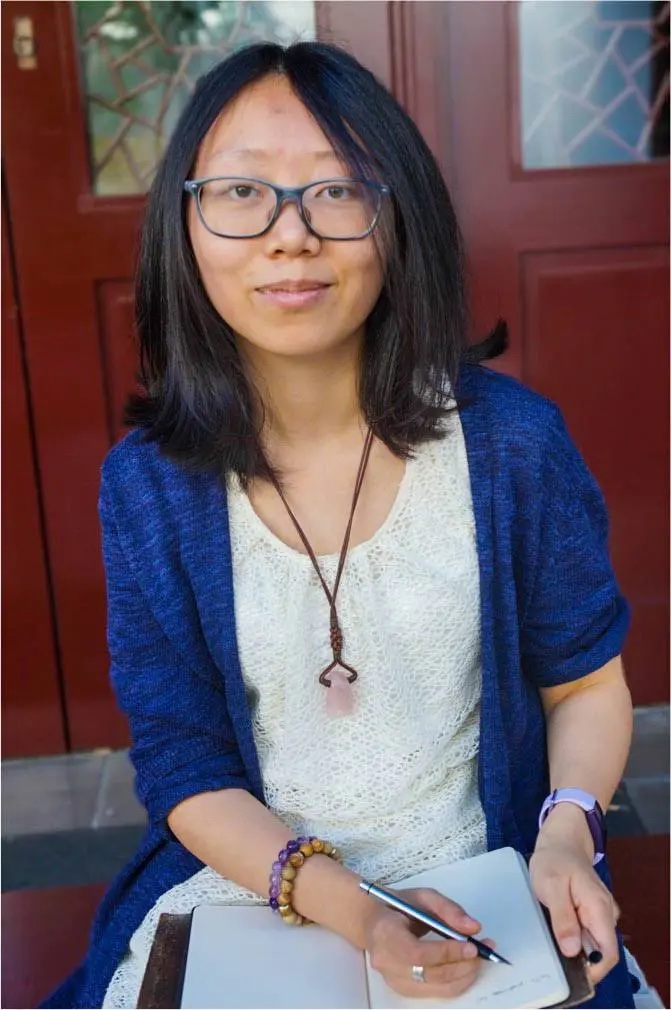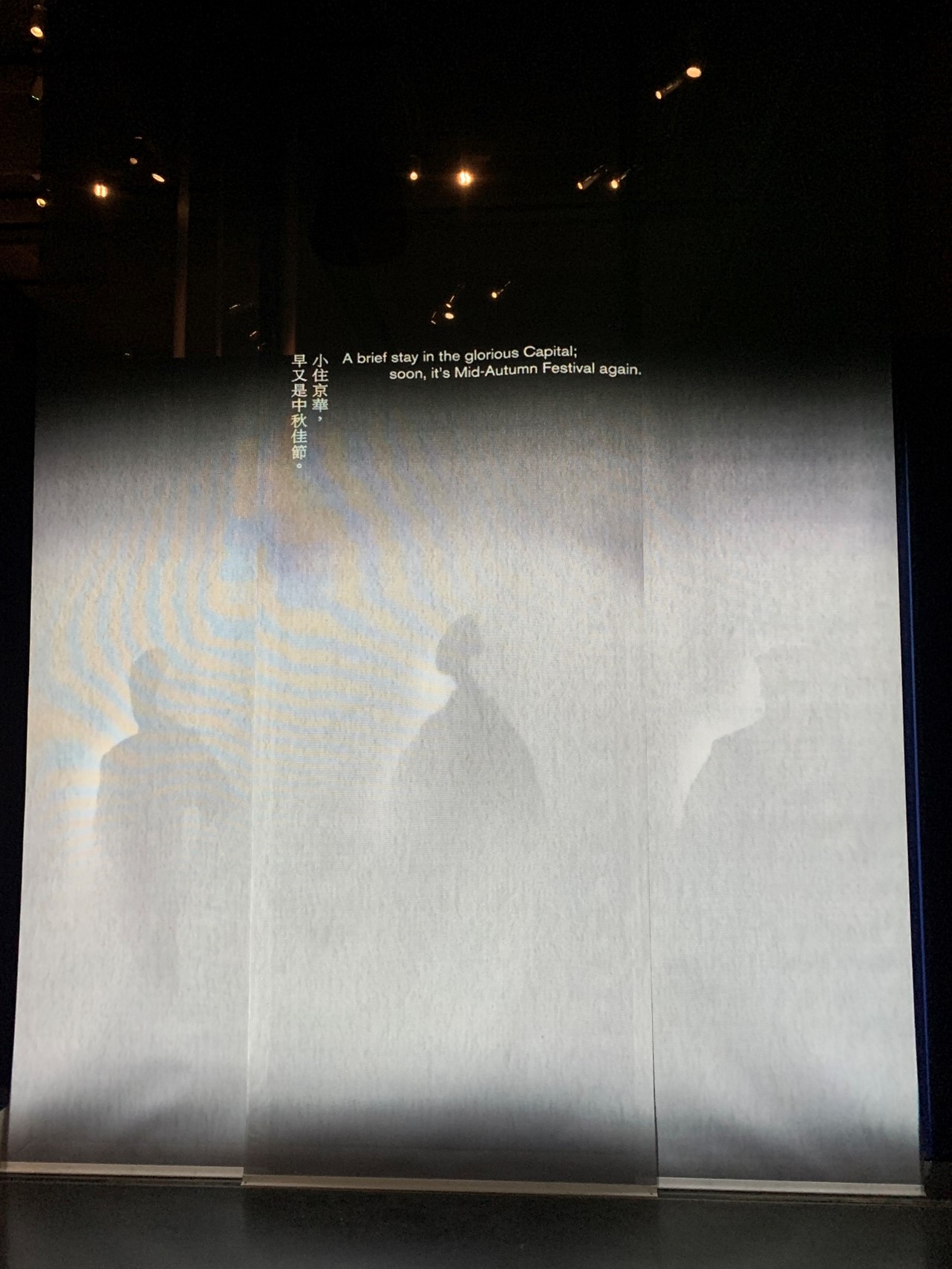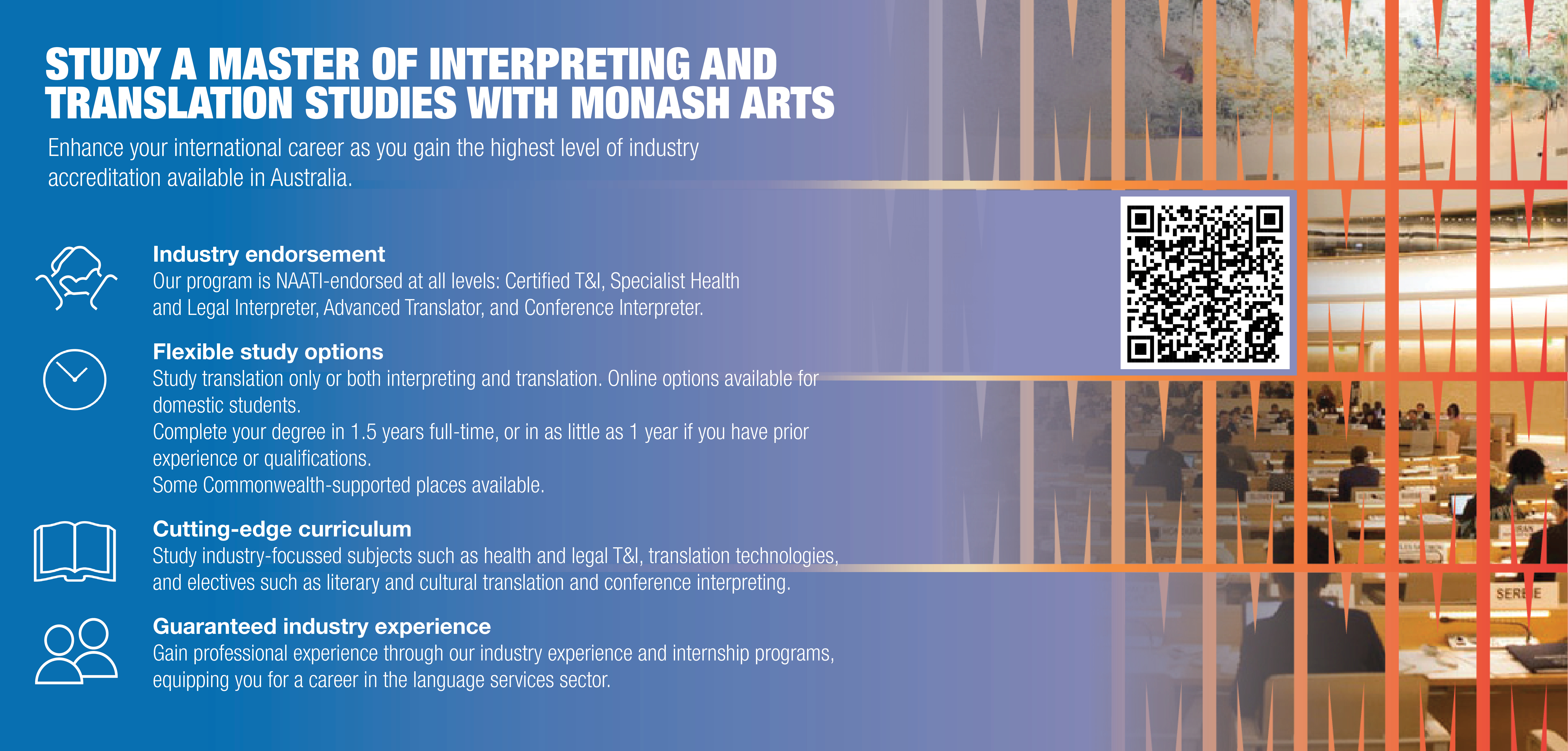SPECIAL FEATURE: LITERARY TRANSLATION, PART 4

Over recent months, award-winning Chinese–Canadian writer, poet, editor and translator Yilin Wang has successfully taken on the British Museum over both its unapproved use of her work and its subsequent failure to negotiate an appropriate solution to the situation. Faced with a battle she had not initiated, Yilin felt compelled to meet it head on in order to ensure the same doesn’t happen to other translators in the future.
…if [the British Museum] is not held accountable, then this is a cycle that stands to be repeated.
Yilin Wang specialises in translating Chinese speculative fiction and poetry, with a strong interest in modern and contemporary poetry in particular. She has been translating the poetry of Chinese feminist poet and political activist Qiu Jin (1875–1907) since 2021, and in a recent interview she explained to Modern Poetry in Translation Editor Khairani Barokka why she considers Qiu Jin’s work to be important.*
Qiu Jin was one of China’s first modern feminist poets. While she is now very well-known as a revolutionary figure in a Chinese context, her feminist activism and poetry are still often overlooked and sidelined in comparison to her political activities. While there are various academic translations of her work and wonderful research being done on her by scholars I admire such as Hu Ying, I approach her poetry as a queer and feminist poet from the Chinese diaspora, with a focus on the poetics of her work.
As Yilin explained to Barokka, in mid-June she heard that one of the British Museum’s current exhibitions – ‘China’s Hidden Century’, based on research funded by the UK’s Arts and Humanities Research Council to the tune of £719,000 (over AU$1.4M) – featured Qiu Jin’s poetry. Checking it out online, she ‘found my own translations staring back at me.’ Investigating further, Yilin found her work in use in multiple formats in connection with the exhibition – including in a giant projection, on signage and in digital, print and app-based audio guides – and also in the catalogue, where she is credited in some instances but not all.
When Yilin called out the copyright infringement via social media, the institution’s initial response was that they had forgotten to include her name in their list of translators. They offered to do so and to send Yilin a permission form (while also emphasising that many contributors donated their work for free) – but before she had a chance to respond, they emailed again to inform her that they had removed her translations from the exhibition. (Yilin later confirmed that not only the translations but also the Chinese originals were removed).
The Museum went on to tell media sources that the translator had demanded her work be removed from the exhibition. However, Yilin’s request was that the translations be removed ‘unless the museum makes a proper offer to compensate me’. As she says, ‘it is clear to any reasonable person what I was asking for.’ And with the exhibition continuing until 8 October, the institution had plenty of time to negotiate a reasonable deal with Yilin and reinstate the translations.
At this stage – either ignoring or in ignorance of the #NameTheTranslator campaign – the Museum refused to give Yilin any credit (retroactive or otherwise) for the use of her work in the exhibition.

As the stoush gathered momentum in the public eye, with commentators pointing out parallels with the institution’s history of stealing from other cultures, the Museum issued an apology to Yilin, followed by a public statement which declared that acknowledgment of her work had been ‘inadvertently omitted’ due to an ‘unintentional human error’. However, the passive voice utilised didn’t sit well with the translator. Combined with the lack of any explanation as to what had actually happened or assurance that it wouldn’t happen again, she was left feeling that the apology was insincere and dismissive, and the institution’s overall response devoid of any indication that they accepted responsibility for their mistakes.
The institution went on to offer Yilin £150 for the translations in the catalogue, and later a further £450 to cover the period of time that her translations were also on display elsewhere in the exhibition (stating that these sums, which total approx. AU$1145, were benchmarked to ‘industry rates’).
However, although Yilin continued to make it clear that an acceptable settlement would include not only ‘an appropriate credit and a modest payment’ but also ‘reinstatement of my work for the rest of the exhibition’s run’, the institution refused to do the latter.
By early July, with the Museum thus unwilling to settle the matter to her satisfaction, Yilin saw no alternative but to resort to legal action. Launching a crowdfunding campaign titled ‘Hold the British Museum accountable for copyright infringement’* to cover the anticipated legal costs, she describes the removal of the material and subsequent refusal to reinstate it as …
… the worst possible outcome – the public are now not only being denied the chance to see my translations, and to know who wrote them, but also the chance to read Qiu Jin’s words too. The result is that two female writers of color have both had their work erased. We are not disposable.
Yilin explains that the case matters to her …
… not only because I believe both my work and Qiu Jin’s work should receive the credit and respect they deserve, but because it affects the copyright and moral rights of all translators, writers, and creatives.
The British Museum has not issued an appropriate apology or taken proper responsibility for its actions, so if it is not held accountable, then this is a cycle that stands to be repeated.
If I am successful, I will use a small portion of any sums I recover to pay myself a modest amount for the use of my translations and the time it has taken to fight my case, and will donate all the rest (at least 50%) to a literary magazine or organization to fund a mentorship program or contest to support translators of color translating Chinese poetry.
I see fighting this case as a part of my long-term and ongoing advocacy and activism work in support of writers and translators of color.
In a Tweet a few days later Yilin condemns the Museum’s communications with her as condescending and lacking in good faith, warning the institution that she will ‘fight them to the bitter end’ and ending with the following invocation:
May Qiu Jin’s ghost haunt you all forever.
In a subsequent Tweet she explains the context: the famous Chinese saying 不做亏心事,不怕鬼敲门, which translates as ‘If you haven’t done anything wrong, you won’t be afraid of a ghost knocking on your door.’)
The crowdfunding campaign soon raised enough funds to at least seed a legal challenge, and Yilin was able to take on a London-based lawyer who engaged a team of specialists experienced in intellectual property and moral rights claims in the art and cultural property context.
Shortly after Yilin obtained legal representation, the British Museum’s then Director Hartwig Fischer (he has since resigned) reached out to her to propose a settlement, the terms of which essentially matched her demands, and on 7 August Yilin released a statement announcing the settlement and its details.*
In it she comments that, to her surprise, the Museum has no policy in place to address the clearance of translations, but in light of recent events has committed to creating one by the end of the year.
Yilin wraps up her statement by thanking:
… my lawyers … [and] everyone who has spread the word on social media, wrote letters, drafted and shared a petition, donated to the fundraiser, and reported on this incident in newspapers, podcasts, or other formats [and] all the friends who supported me behind the scenes, and especially to all the organizers in ace and aro [asexual and aromantic], queer, feminist, academic, speculative fiction writing, and translation communities who stepped up. I could not have done this without you.
She goes on to say that the incident …
… has showed me the power of the collective in holding institutions accountable. Let this be a lesson for the British Museum and other museums, organizations, and publications that permission must be obtained for the use of copyrighted translations, and that it’s important to always #NameTheTranslator and pay them professional fees for their work …
… and ends thus:
I am excited to finally be able to return to working on The Lantern and the Night Moths, a book of poetry translations that I was in the middle of translating when I discovered the British Museum’s use of my translations of Qiu Jin’s poetry in their exhibit. I look forward to sharing more of Qiu Jin’s verses with you all in the future.
Yilin is following through on her intention to donate at least 50% of her settlement funds to ‘a cause to support translators of Sinophone poetry’, and the Museum has agreed to make an additional payment to her – matching their licence fee payment – to facilitate this. She is donating the funds to Modern Poetry in Translation magazine, to run two translation workshops (MPT Labs) that will be both taught by and for ‘BIPOC or racialized translators’, one of which will focus specifically on Sinophone poetry ‘in honor of Qiu Jin.’
Yilin Wang translates literature across several genres from – and occasionally into – Mandarin Chinese. Her translations have been published widely, including in POETRY, Guernica, Room, Asymptote and LA Review of Books’ ‘China Channel.’ She has an MFA in Creative Writing from the University of British Columbia and is a graduate of the Clarion West Writers Workshop (2020–21); has been awarded the Foster Poetry Prize and been a finalist in / longlisted for various other literary awards and contests; and is a co-editor-in-chief of the cozy speculative fiction magazine Tales & Feathers. For a fuller biography visit Yilin’s website here.
Yilin’s upcoming book The Lantern and the Night Moths includes translations of Qiu Jin’s poetry and an essay on translating her work. It will be released in April 2024 by Invisible Publishing.
* You can read Khairani Barokka’s full interview with Yilin Wang here, access the crowdfunding site here, read Yilin’s statement in full here, and find out more about the MPT Labs here.
ADVERTISEMENT:



